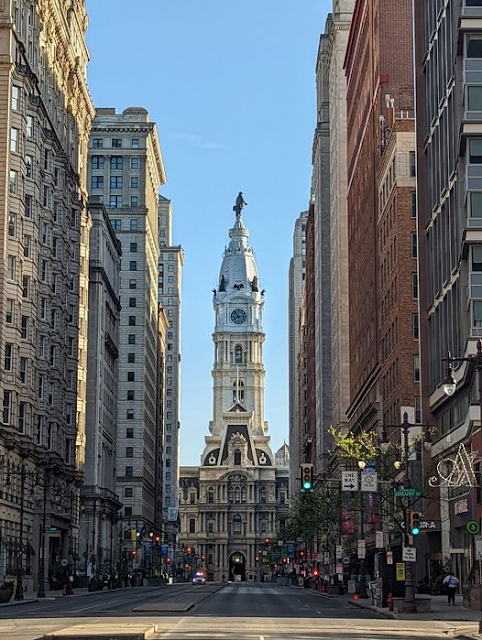A few weeks ago I warned you that Pennsylvania's latest attempt at a super-voucher bill was progressing through the legislature. Last week it took one more step forward.
HB 2169 is an education savings account bill, a kind of voucher that involves handing parents a stack of money that they can use for any of several sorts of education-flavored items, from private religious school tuition to tutors to education supplies. They can even bank a few bucks to spend for college later on.
I wrote about the bill here, but let me re-hit some of the main points to keep an eye on.
The bill's authors (whoever they may be--the far-right Commonwealth Foundation has certainly been following the bill's progress very closely, and they're part of the State Policy Network, a web of right-wing thinky tanks that has been doing the ALEC-like job of creating legislation for states to pass) have followed the usual playbook of starting small. Advocates of the bill have taken great pains to point out that the vouchers are only available to students in failing schools, and that they will only take one-third of public school's per pupil funding (sort of).
Note, however, that by defining "failing schools" as "schools that scored in the bottom 15% on last year's PSSA or Keystone," they are guaranteed access to 15% of the schools, because no matter how well everyone does, somebody is going to be in the bottom 15%. This is standard foot-in-the-door language. Voucher bills always start small, and then just keep expanding.
Also note that the one-third claim is smoke and baloney. The voucher amount will be the state's average cost per-student for the whole state. The "one third" comes from the fact that, on average, the state only provides about one third of school funding, the rest being provided by local taxpayers. So not only will these vouchers stake state funding away from the local districts, but since the figure is based on a state average, about half of all schools will lose MORE per-student funding than they would have gotten from the state. The poorer the district, the worse this is going to hurt.
As with other super-voucher bills, this one provides little protection for either families or taxpayers.
The bill has a clause saying that parents who "engage in fraudulent misuse" of the account will be thrown out of the program. How will anyone know they've done that? The bill requires the Auditor General to "conduct random audits" of accounts annually. How many? Up to the AG apparently. Advocates will tell you that parents will provide ultimate accountability (voting with their feet, etc etc), but it's worth remembering that the parents were not elected by the taxpayers and are not answerable to them. "Just trust them" is never a good accountability plan for taxpayer dollars.
There is no accountability for the vendors themselves. Since the whole rationale of the bill is that students need to escape from their "failing" public school, you'd think there would be some mechanism for making sure that they didn't end up in some failing private school or failing tutor system, but there's nothing at all along those lines. Nobody--not the state, and certainly not taxpayers--will ever know if the students ended up getting a better education than they would have had they stayed put. And if parents discover they've been defrauded of their voucher dollars by some lousy vendor? Too bad. A central premise of all voucher programs is that once the state has handed you some money, you are no longer their problem.
While the bill may not demand accountability of the vendors, it offers them protection. The bill includes explicit language to make clear that the state cannot tell the private school or tutor or other vendors how to run their business. Religious schools can keep on being as religious as they like, and private schools are still free to accept only the students they want to accept. Just because you've got a voucher, that doesn't mean you can pick any school you want. It's up to the school, not the family.
The bill has now passed the House 104-98, mostly along party lines with some turncoats on either side. Call or write your Senator. Complain that the bill robs public schools to pay private businesses, and that it provides no accountability for taxpayers. You can throw in a note to Governor Wolf telling him to veto the hell out of it if it makes it to his desk.




